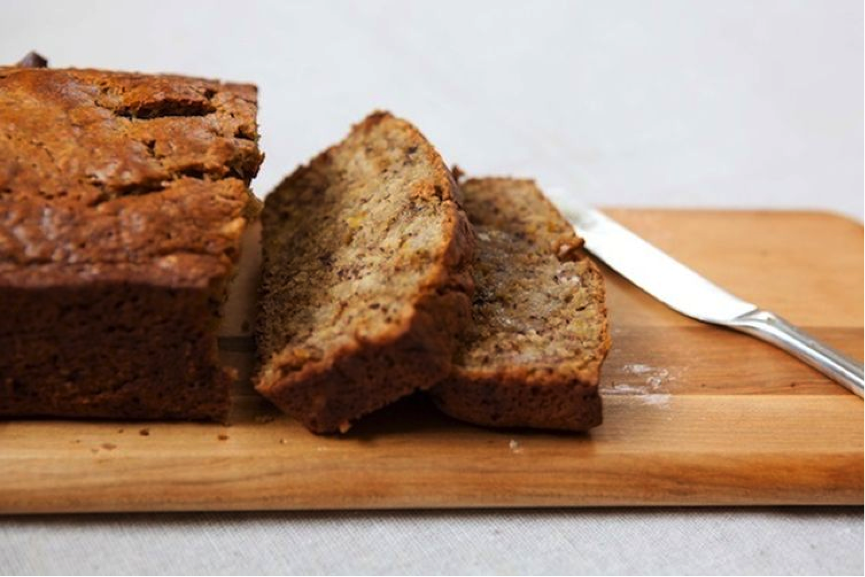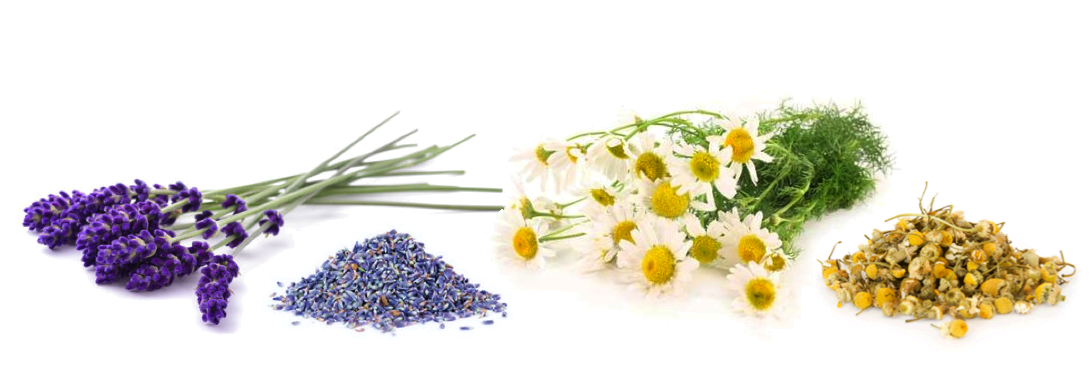[et_pb_section fb_built=”1″ admin_label=”section” custom_padding=”7px|0px|3px|0px”][et_pb_row admin_label=”row” custom_padding=”0px|0px|1px|0px”][et_pb_column type=”4_4″ parallax=”off” parallax_method=”on”][et_pb_text admin_label=”Text”]
First of all, Happy Mothers’ Day to all the Mum’s.
Second, it seems that our Grandmothers know best! Of course.
According to a recent newspaper article, scientists are finally proving what our grandparents have known for years. Many of us have that been advocates for these lifestyle changes are often viewed with skepticism. It is great to have science backing us up.

Some of the most notable changes mentioned, are things that Scott and I have been doing for some time. I thought I would share these with you, quoting from the article as I go.
Easy lifestyle changes
- Cooking from scratch, using real food ingredients. “This will save you kilojoules and having a raft of additives in your meals.”
- Using old recipes and cookbooks. “Cornwell University in the USA compared recipes from the 1936 and 2006 editions of ‘The Joys of Cooking’. They found that recipes in the 2006 version had an average 63% more kilojoules.”
- Grow your own fruit and vegetables. “Helps kids to eat more and home grown tastes better. Less chemicals and gardening is great for reducing stress.”
- Eat at the dinner table. “Helps a child’s vocabulary, develops table etiquette and creates an opportunity for family communication.”
- Switch off screens. “Studies have shown that excessive screen-time impairs brain structure and function. Mostly in the frontal lobe, which controls our sense of empathy.”
- Ditch the chemicals. “Research into lung function found that it was 14% worse in people who used modern household cleaning products regularly, than those that didn’t.”
- Hang out the washing. “The suns’ rays actually help to disinfect clothes and remove stains. It is also an opportunity to get some Vitamin D.”
- Go for walks. “Research from Harvard University shows that people who walk regularly live longer and have a lower risk of heart disease and stroke. They are also more likely to have a healthy weight and stronger immune system.”
- Get to sleep early. ‘Studies have shown that those who don’t stay up late are more optimistic, patient and productive. They also have stronger immune systems than night owls.”
We don’t have children, but for those that do…..
2 more changes.
- Let kids be dirty. “Microbiology Professor Brett Finlay and Immunologist Marie-Claire Arrieta, authors of ‘Let Them Eat Dirt’ say – Keeping children too clean can weaken their immune systems by depriving them of valuable microbes.”
- Play outside. “Time outdoors is beneficial for adults and kids alike as it improves concentration. Exposure to sunlight also reduces a child’s risk of developing near-sightedness.”
These are all easy changes to make that can have a long-term impact on your health and wellbeing.
We have found that ‘cooking from scratch’ has encouraged us to have a more varied diet, as we try different recipes. It actually saves us money when we plan our meals in advance as we only buy the ingredients we need for the week.
Scott has found that spending time in our small fruit and vegetable garden lowers stress. It is also great to be able to add home grown vegetables to our meals.
Finally, it is great to read that more studies are finding that constant exposure to modern chemicals is having an adverse effect on our bodies.
Till the next post,
Live Clean n Prosper
[/et_pb_text][/et_pb_column][/et_pb_row][/et_pb_section]


